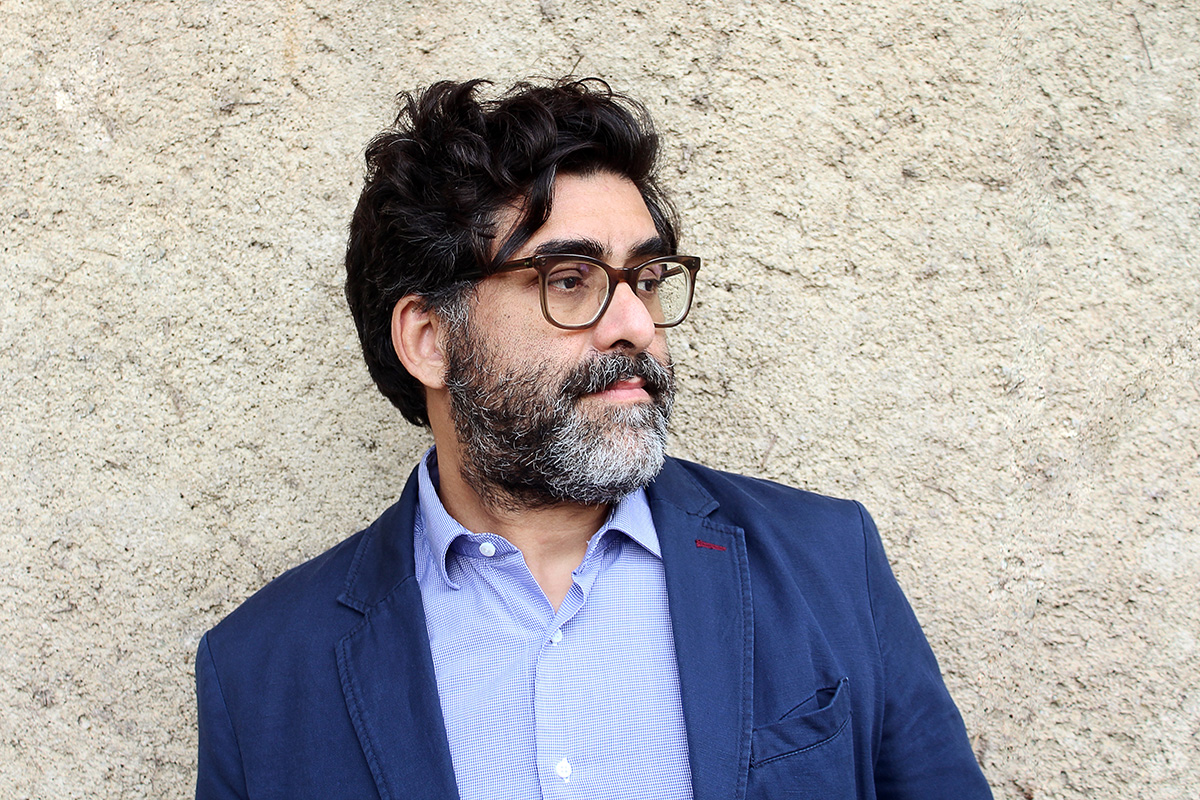Syllabus⇝
In this series of lectures we will first deal with design theory, focussing on decision making and zoomin in on insights from design research about cognitive processes in design. We will then deal with an introduction to the philosopgy of technology. After that, we will address different ethical frameworks to analyze a design and technology, and the ethical implications of being a professional. We will end by dealing with the ethics of artificial intelligence, especifically on the issue of bias.
Objectives
To be able to understand the process of decision making in design and the nature of design problems.
To understand the nature of technology and its relationship with humans. To gain an awareness and understanding of ethics and its entailments for the design profession and the development of technology. To know the limits and potentialities of ethical reflection.
Deliverables⇝
5 min presentation on topic of choice as basis for discussion.
Additional Resources⇝
Cross, Nigel. Designerly Ways of Knowing. Basel: Birkhäuser, 2007.
Dorst, Kees. Frame Innovation: Create New Thinking by Design. Cambridge: The MIT Press, 2015.
Vallor, Shannon. Technology and the Virtues: A Philosophical Guide to a Future Worth Wanting. New York: Oxford University Press, 2016.
Verbeek, Peter-Paul. Moralizing Technology: Understanding and Designing the Morality of Things. Chicago: The University of Chicago Press, 2011.
Faculty⇝
Ariel Guersenzvaig is a lecturer at ELISAVA School of Design and Engineering of Barcelona (Spain). He combines his academic work with 20+ years of professional experience in the field of user experience and service design. He is the author of an upcoming book on design professional ethics (Rowman & Littlefield, April 2021). Besides professional ethics and design theory, another important locus of research is the ethical impact of machine intelligence on society, with a focus on autonomous weapons and algorithmic justice. He has published in academic journals such as ACM Interactions, SDN Touchpoints, AI & Society, Journal of Design Research, and IEEE Technology and Society Magazine. He holds a PhD in Design Theory from the University of Southampton (UK), an MA in Ethics from the University of Birmingham (UK).

